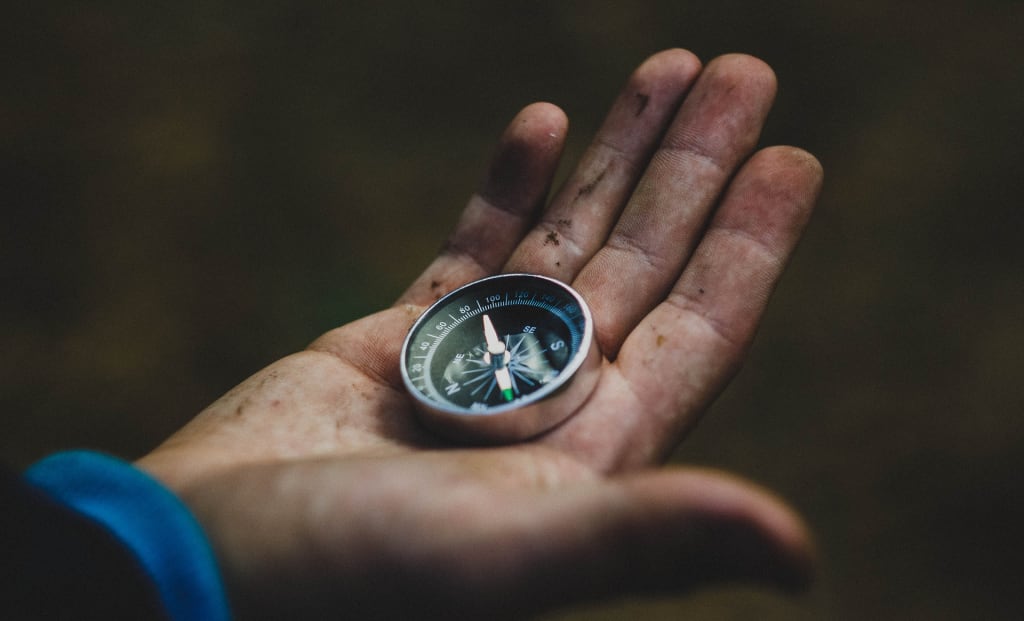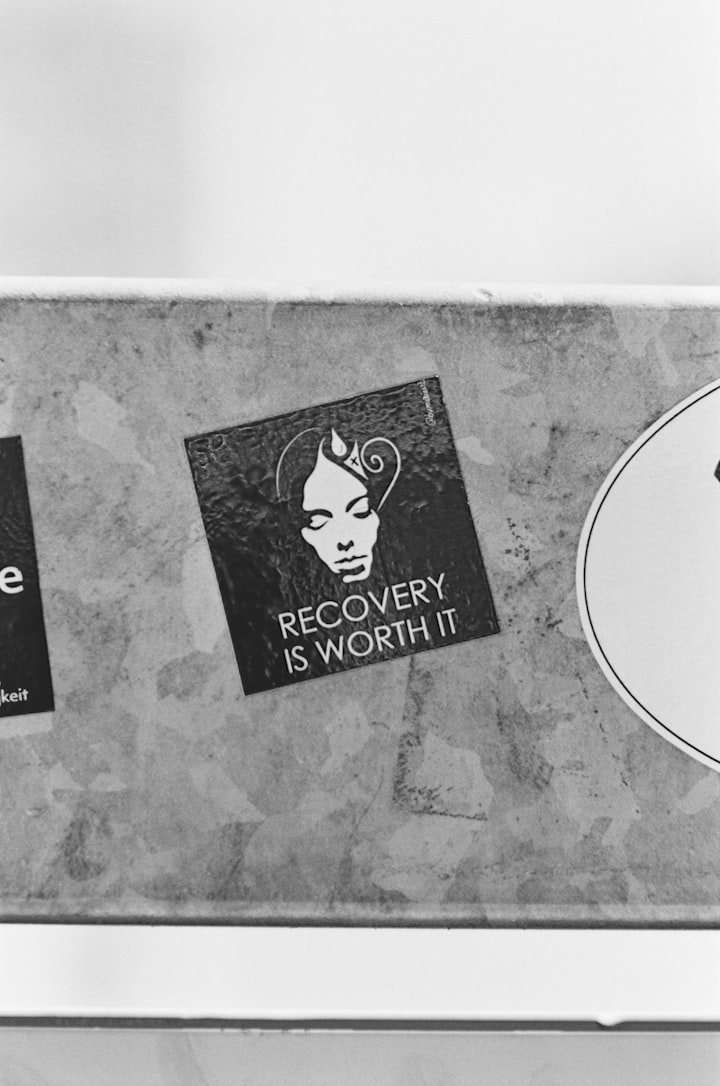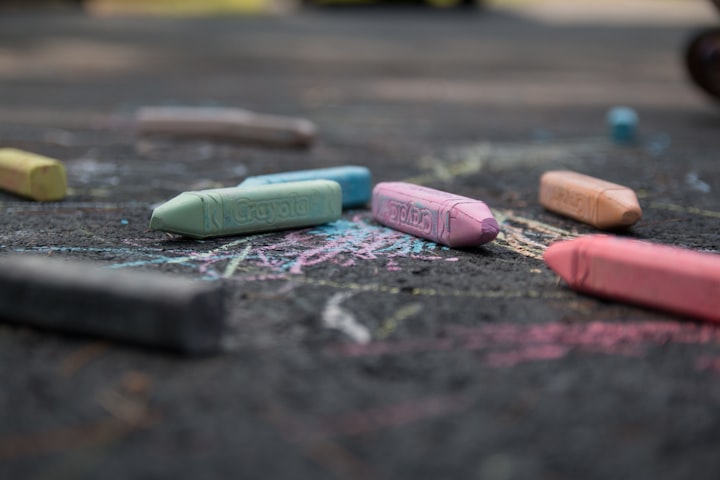The Army Helped Me Harness the Power of Mindfulness
It all started when I got lost.

I received my first lesson on mindfulness in 1997 while lying in a field waiting for the Army to rescue me. I was a young captain attending the Officer Basic Course (OBC) at Fort Sam Houston, TX. Despite my rank, I knew little about being a soldier. This course was my first exposure to the “real” Army, and part of the experience was a two-week field training exercise (FTX).
During the FTX, we practiced important soldier skills like how to march, shoot, and salute. We learned how to quickly seal our gas masks, camouflage our faces, and the basics of land navigation. It turns out I was good at camouflage and long ruck marches, but not as skilled at land navigation. I could use a compass and read a road map, but the Army map was complex, with terrain features that were not easy to understand.
On the last day of the FTX, the class had one final land navigation challenge that everyone would be doing alone. Successful completion of the course, defined as finding two of the four points, was required to graduate. If we did not pass, we would be recycled to the next class and have an opportunity to do OBC again. Knowing that I had not mastered my land navigation skills, I was concerned about the course but hopeful I could find the minimum points.
Those Who Wander Sometimes Are Lost
We started at 1300 and were given four hours to complete the challenge. I received my coordinates, plotted my first point, and off I went. I found the initial objective fairly quickly. Later, I learned that the first point is always the easiest to find; probably to give you a false sense of security. It worked, and I confidently set off for my second point.
Over the next several hours, I moved through the brush of the training ground searching for the second elusive grid coordinate. Despite repeatedly checking the map and using my compass, I could not find it. As time passed, I began to worry. It was getting alarmingly close to the 1700 deadline.
Mindfulness Is Better Than a Compass
At 1645, I lost all hope of completing the course. Exhausted from walking in the Texas heat wearing full military gear, I threw off my kevlar, dropped my LBE (load-bearing equipment), and stretched out in the middle of a field. I emptied my canteen (for you non-military folk, that means I drank it!) and stared at the sky contemplating how an honor student could end up being recycled through OBC. Suspecting I was the only psychologist, ever, to fail land navigation, I worried this would leave a permanent mark on my record.
I feared I would lose my coveted assignment at an Army medical center, and instead, end up at a remote post in Alaska. I would have to sit through hours of lectures again and explain countless times why I’m a captain and just now attending this course. Worse yet, a captain who is being recycled through the easiest course in the curriculum! The thoughts were discouraging, but not motivating enough to make me start moving again.
I lay in the heat, with bugs flying around my sweaty body, waiting for the instructors to send out a search party. It was so quiet; the calm before the storm. I was enjoying the silence, and then, I heard it. It was faint but distinct. The sound of a Humvee engine. I suddenly remembered what we were told at the beginning of the exercise; there would be a vehicle waiting at the rally point to transport us back to camp. The sound was coming from the fourth, and final, point on the land navigation course!
I jumped up, grabbed my kevlar and LBE, and started running through the field towards the sound. I burst through the tree line from the completely wrong direction but found the rally point with five minutes to spare. The relief was indescribable. I quickly jumped on the back of the Humvee with the rest of my class and acted as if I had successfully completed the course. Which I had, sort of.
How Can Mindfulness Help You?
On that day long ago, I learned the benefit of mindfulness. If I hadn’t laid down in the field, and focused my attention on the sights and sounds around me, I might not have heard the engine. In 1997, mindfulness did not have the mainstream popularity that it has today, so I would not have described my behavior as “mindful”. But, upon reflection, it was.
“Mindfulness is simply being aware of what is happening right now without wishing it were different. Enjoying the pleasant without holding on when it changes (which it will) and being with the unpleasant without fearing it will always be this way (which it won’t).”
James Baraz
Mindfulness is an active process of focusing your attention on the present moment without being overly reactive or judgmental. It is both awareness and acceptance. When you pause and pay attention, there is an opportunity to notice things you might otherwise miss.
If you are frantically running in circles trying to find the path, you miss out on the journey. What do you notice when you stop moving?
Mindfulness has a number of health benefits including decreasing stress, improving sleep quality, and strengthening attention skills. It creates space between our emotions and our responses which is helpful in interpersonal interactions. Mindfulness is an integral part of holistic health.
Like most new habits, it is helpful to start small and slowly incorporate the behavior into your routine.
You, too, can practice mindfulness while lying in a field with full military gear under the blazing Texas sun. Or, if you would rather, you can experiment with mindfulness through breathing, meditating, eating, or brewing tea. Mindfulness can be woven into any daily activity.
Here are some suggestions:
Mindfulness while preparing and drinking tea
- Hold your cup of tea while it is steeping.
- In those few minutes, clear the mind of your to-do list or lingering concerns and focus on the tea.
- Feel the warmth of the cup, inhale the scent and notice how the water changes color.
- As thoughts come into your mind, acknowledge them and then gently refocus your attention back to the tea.
Mindful breathing
- Sit in a comfortable position.
- Close your eyes and breathe naturally.
- Pay attention to how your breath feels on the inhale and exhale.
- Complete a body scan — how do your legs, back, shoulders, neck, and head feel?
- Focus your full attention on your breathing and body.
- If thoughts come into your mind, acknowledge them and then return your attention to your breathing. With every breath, notice the change in your body.
Mindful eating
- Pause before you eat and answer this question: why am I eating?
- After each bite, put down your utensil and chew the bite thoroughly.
- Eliminate distractions by putting away your phone and turning off the TV or computer. Focus your full attention on eating. Savor the food.
The “five senses”
This is a grounding technique that uses mindfulness. Make note of:
- 5 things you see (clouds, tree, a favorite photo, colorful pillow)
- 4 things you feel (warm blanket, breeze on your face, heaviness of your shoe)
- 3 things you hear (hum of the heater, birds singing, traffic)
- 2 things you smell (clean air, your favorite lotion, fresh flowers)
- 1 thing you taste (chewing gum, drink of ice-cold water, sip of hot tea)
Summary
Life is full of lessons. In 1997, while struggling with a land navigation course, I learned an unexpected lesson about mindfulness. If we stop wandering aimlessly and focus on where we are, the path looks different.
This is mindfulness; it is that simple and powerful. Mindfulness is available every moment of every day. A small investment in your health with a far-reaching impact. It might even help you find your way one day.
This article was originally published on Medium.
About the Creator
Jill (Conquering Cognitions)
Outdoor Enthusiast | Animal Lover | Mom to Five | Psychologist Turned Writer






Comments
There are no comments for this story
Be the first to respond and start the conversation.